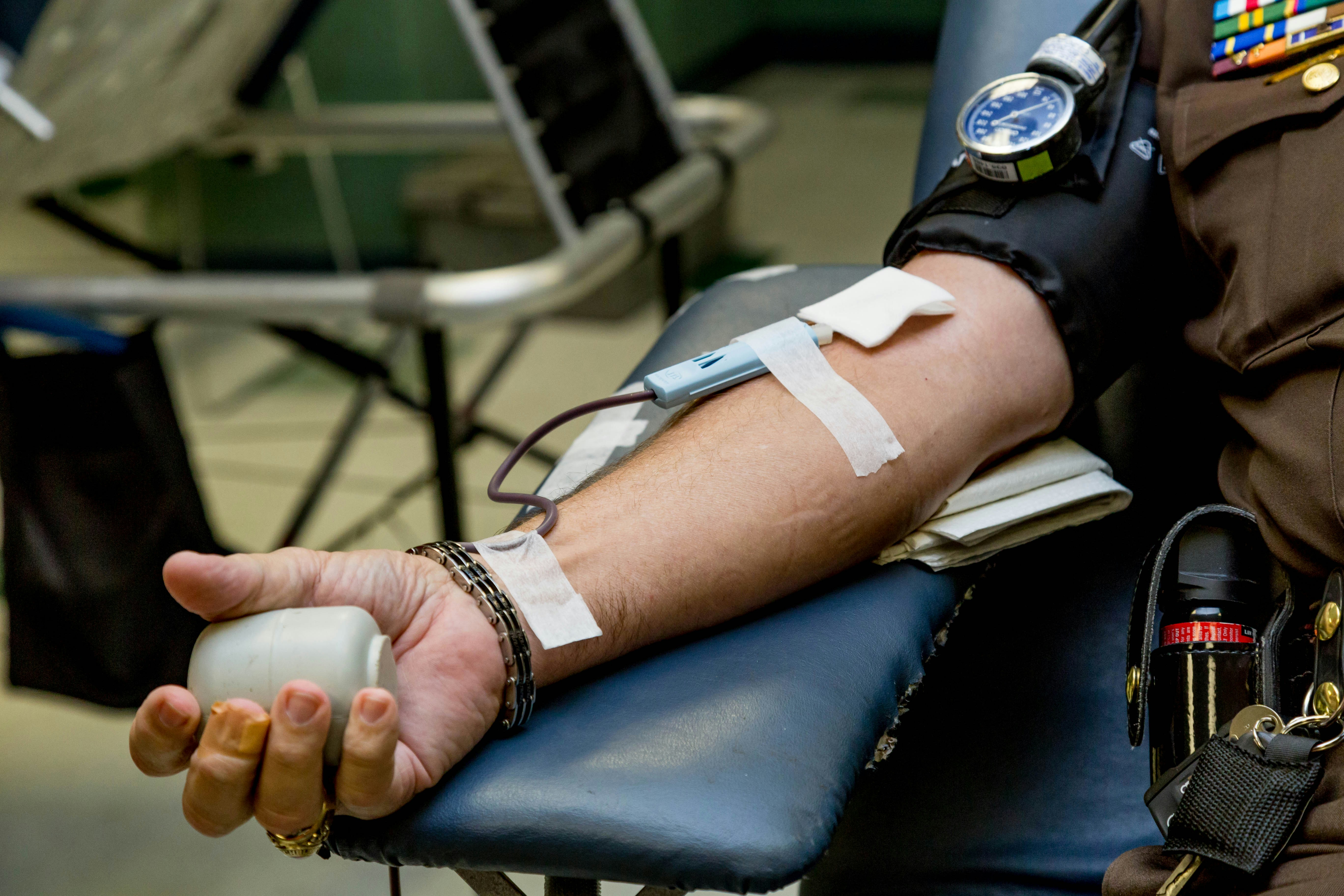News release
From:
As demand for “nonvaccinated” blood increases, experts call for national policy prohibiting directed blood donations
Abstract: https://www.acpjournals.org/doi/10.7326/ANNALS-25-00815
According to data from the 2021 U.S. National Blood Collection & Utilization Survey, transfusions from directed donors, or those chosen specifically by the recipient, have increased by 11.1% as compared with 2019. Requests are primarily being driven by recipients’ desire to avoid exposure to blood from COVID-19–vaccinated donors. Now, some states, such as Iowa, Kentucky, and Wyoming, have sought to mandate requests for directed donation, including those demanding “nonvaccinated” blood. The authors of a commentary published in Annals of Internal Medicine say a national policy prohibiting such practices is warranted.
Lead authors from the University of Minnesota, the Association for the Advancement of Blood and Biotherapies (AABB), Vanderbilt University Medical Center, and Johns Hopkins University say that directed blood donation for nonmedical reasons contradicts ethical imperatives by creating separate access routes influenced by privilege or prejudice. These requests for nonvaccinated blood are driven by misconceptions about vaccine safety. But decades of advancements in donor recruitment and screening have significantly enhanced the safety of the blood supply, refuting this argument. In fact, it's directed donations, rather than anonymous community donations, that may pose accentuated health risks for prospective recipients. For example, first-time parental donors who seek to donate for their children have significantly higher rates of infectious disease marker positivity (8.6%) as compared with first-time community donors (1.09%). In addition, directed donation is resource-intensive, imposing vastly greater operational and logistic complexity than community volunteer blood donation and may contribute to shortages. The authors say that while permitting requests for unvaccinated blood may alleviate psychological distress for some patients and foster trust in medical care, it does not entitle patients or their affiliates to demand medical interventions that lack scientific justification, and physicians are not required to provide nonbeneficial interventions.



 Australia; International; VIC
Australia; International; VIC



